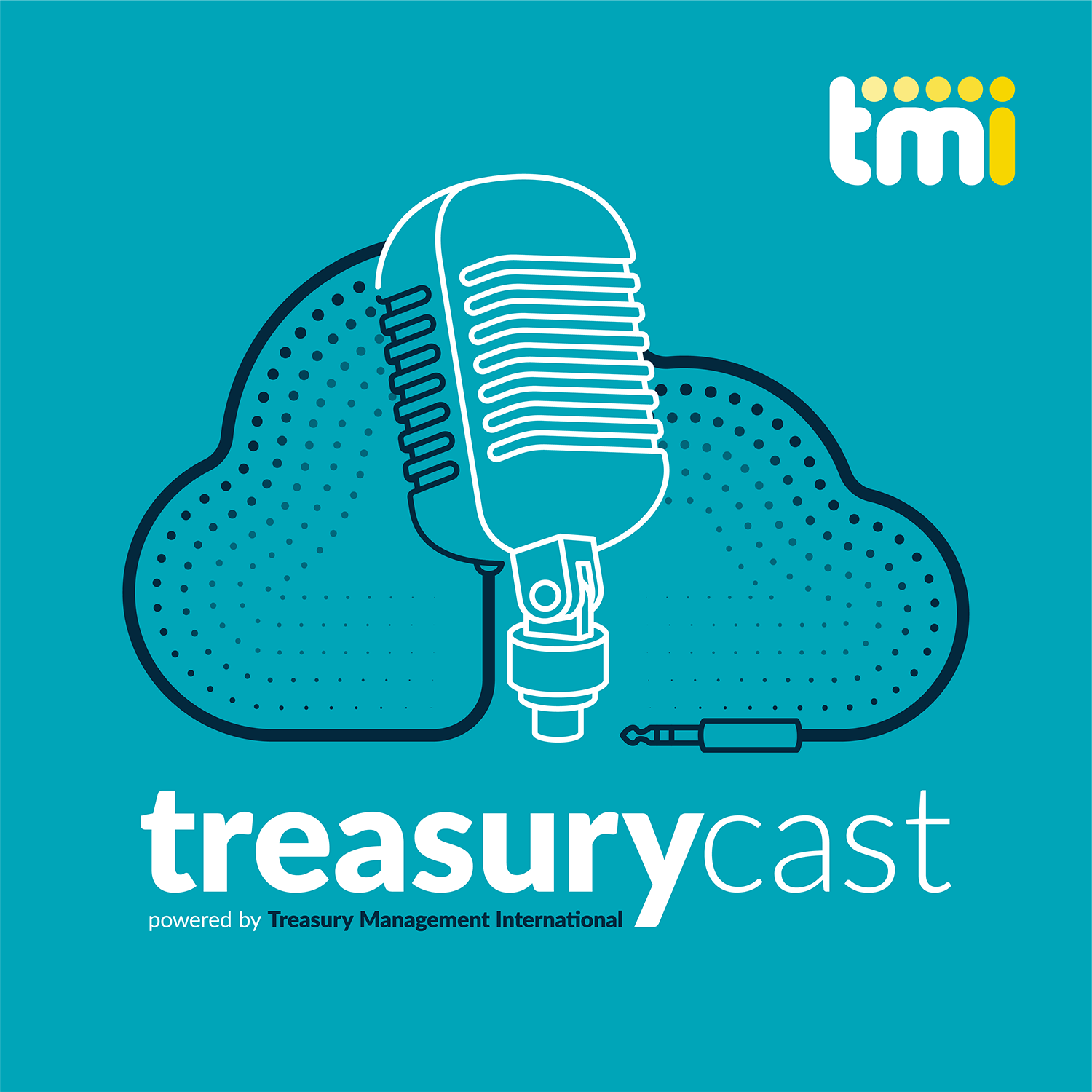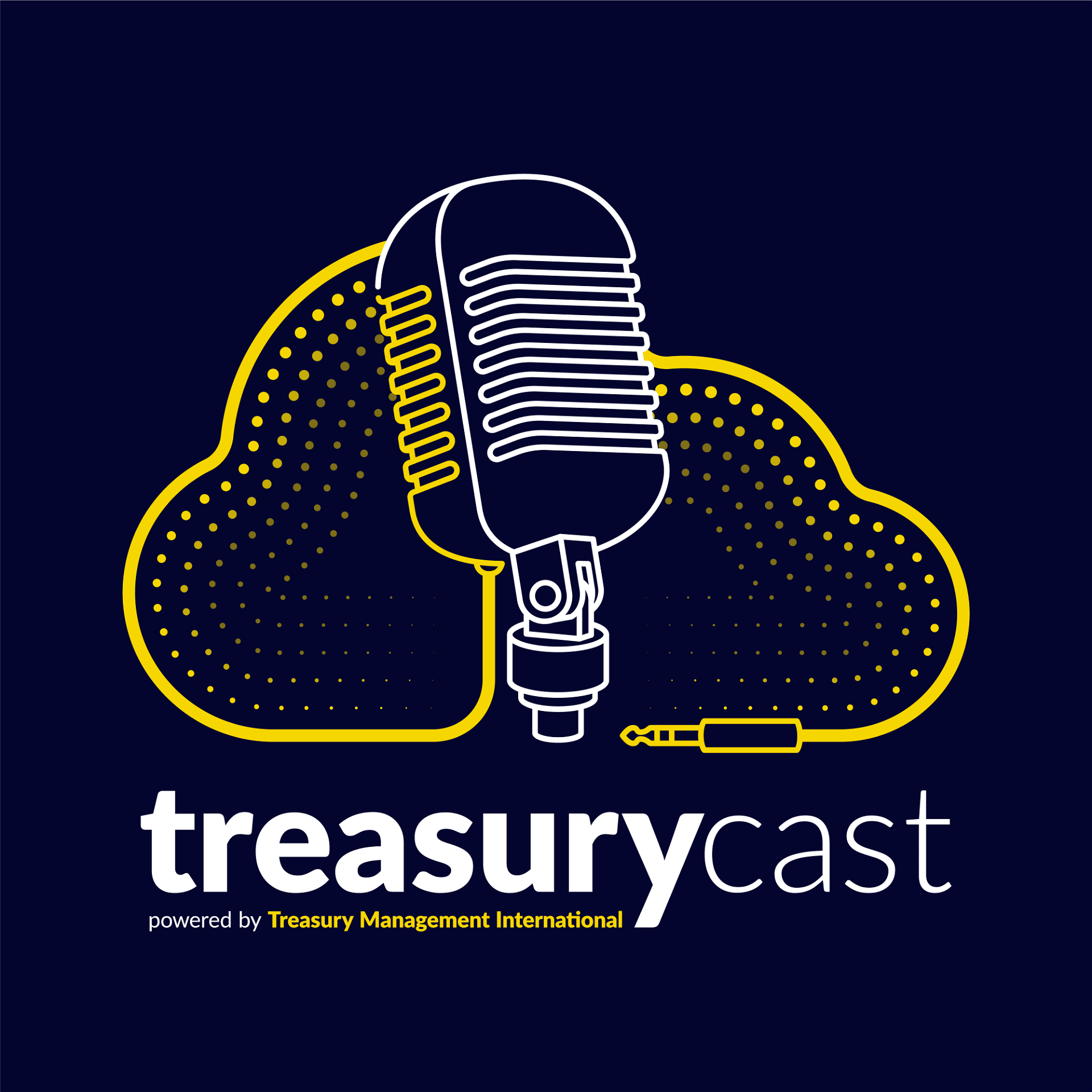Fitch Ratings-Paris/London: The yields on Swiss franc-denominated money market funds could turn negative in the next few weeks following the Swiss National Bank’s decision to cut already negative benchmark rates further and scrap the currency’s cap against the euro, Fitch Ratings says. The European Central Bank’s quantitative easing programme could also keep yields on euro MMFs ultra low for a prolonged period, and they could turn negative.
Negative yields may lead to outflows as investors reassess the proportion of assets they hold in cash or cash equivalents like MMFs. But the scale of the impact is uncertain as low-risk alternatives are also likely to offer negative yields. Negative yields, or the subsequent use of unit cancellations or other mechanisms to maintain a stable unit value, are not necessarily negative rating factors on their own. But a sudden and sharp acceleration in redemptions that puts pressure on portfolio liquidity could be negative, as could a strategy of seeking to boost yields by significantly increasing credit risk or portfolio maturity.
The SNB’s decision, including a 50bp cut in the interest rate for deposits at the central bank to -0.75%, has turned the yield on government debt negative at maturities up to 10 years. Swiss franc MMFs are already having to buy assets with negative yields as their current holdings mature, and this will feed through to negative yields for customers soon. Some managers may choose to close their fund to new investors, which would limit their reinvestment needs and protect yields for existing clients. But this would only delay the impact.
Euro MMFs’ net yields are already around zero. Markets had anticipated the ECB’s QE announcement, but if there is a further rise in prices and fall in yields when the central bank starts buying government debt in March, MMF yields could turn negative.
Corporate treasurers may respond by moving some of their money out of MMFs into less liquid, but higher-yielding assets or into products that accept more duration or credit risk. Those that decide they want the same access to their funds while keeping risk low may find few alternatives. For example, several Swiss banks have already said they will introduce negative interest rates for large or institutional customers.





